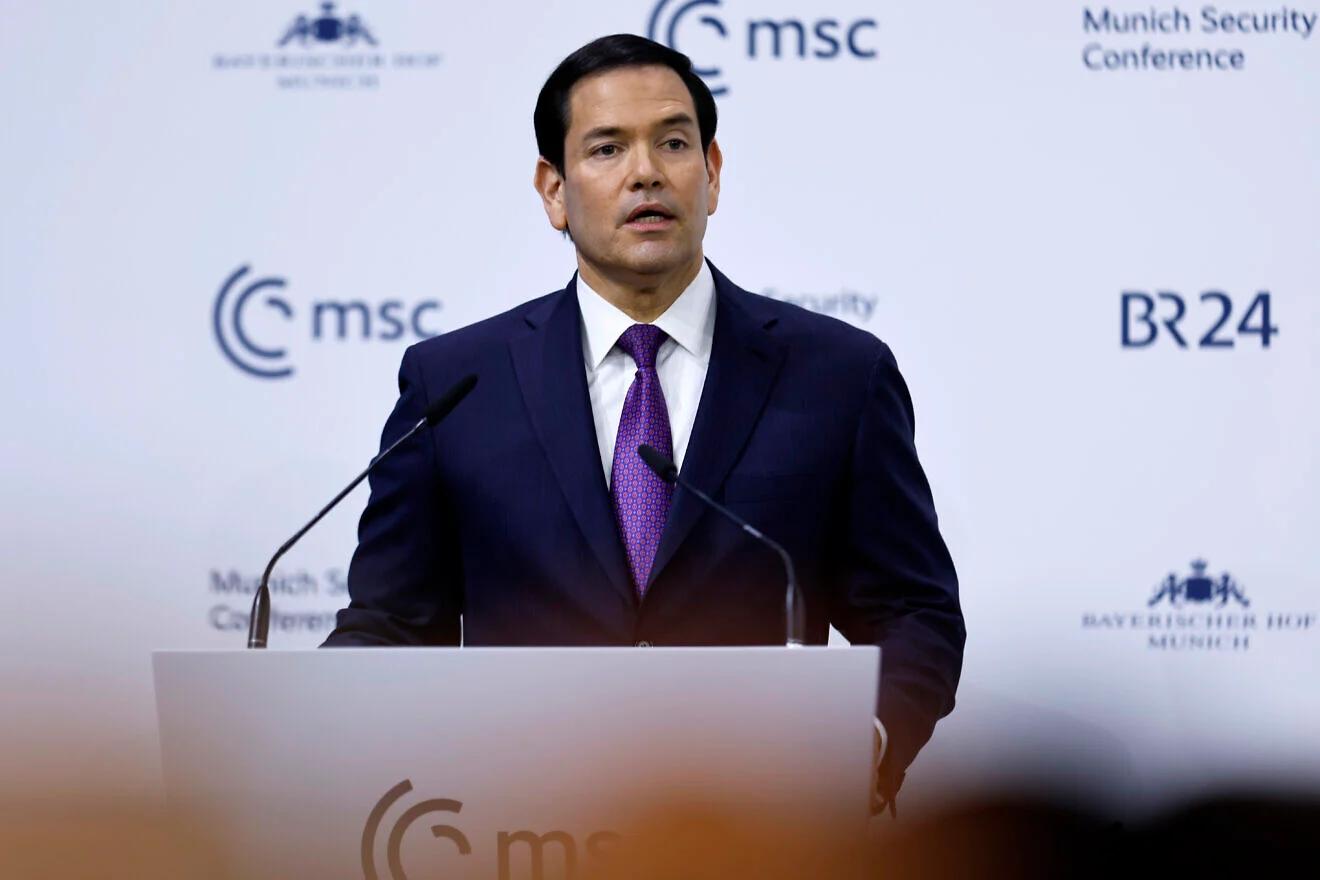Key Impact Points:
- U.S. tariff wars likely to deepen global economic slowdown, negatively impacting African commodity exports.
- Relocation of manufacturing from Asia to Africa remains unrealistic due to labor costs and infrastructure gaps.
- African policymakers urged to prioritize deepening intra-Africa trade to build resilience.
False Optimism Amid Economic Chaos
African governments, including Kenya, have attempted optimism despite America’s tariff disruptions. Kenya’s Ministry of Trade highlighted a minimal 10% tariff impact, hoping to attract foreign direct investment (FDI). Others suggested low African trade volumes with the U.S. might buffer the continent. Yet, these perspectives miss crucial realities.
The harsh truth: global uncertainty disproportionately affects Africa, diminishing commodity export demand and already limited FDI flows. No immediate uptick in U.S.-Africa trade will result from rushed bilateral deals.
At the moment, no companies are planning to relocate their factories and supply chains from East or Southeast Asia to Africa. Even if they were, the process would take years.
Rethinking Trade Strategies
African countries’ exports remain heavily reliant on commodities, particularly fuels, despite claims of resource abundance. Non-fuel exports like agricultural products and manufactured goods lag severely.
“Manufactures continue to comprise the lion’s share of the region’s imports,” highlighting Africa’s structural trade imbalances.
African policymakers are urged to abandon superficial strategies and prioritize genuine intra-Africa trade development via the Africa Continental Free Trade Agreement (AfCFTA). South Africa and Kenya should take leadership, reinforcing robust internal supply chains resistant to global shocks.
Strengthening Intra-Africa Trade
Real improvement requires addressing deep structural issues. Over half of African trade revolves around five external economies, while intra-Africa intermediate goods trade remains negligible.
“Poor connectivity means road transport accounts for about 29% of the price of goods traded in Africa, compared to 7% for those traded outside the continent,” underlines the urgent infrastructure needs.
Opportunities exist in trade in services, tourism, and technology—sectors where Africa vastly underperforms due to shortsighted policies. Enhanced intra-African service trade could quickly generate growth.
Realistic U.S.-Africa Engagement
Historically, Africa-U.S. trade, epitomized by initiatives like AGOA, has been largely superficial and poorly leveraged by African states. Commodity dependency and lack of strategic focus have hindered meaningful progress.
“Most African states have also never been serious about trade with the United States,” and thus failed to maximize opportunities under AGOA, notably by prioritizing commodities over value-added goods.
Conclusion: Strategic Resilience Needed
Africa must shift from outdated aid-driven mentalities toward prioritizing trade to drive development and macroeconomic stability. Strengthening intra-Africa trade is critical to resilience against ongoing global disruptions.
“African countries must avoid this fate at all cost,” emphasizing proactive, strategic responses to America’s tariff wars and global economic uncertainty.
Related Article: Trump Tariffs Spark Warnings Over U.S. Clean Energy Slowdown

 Follow SDG News on LinkedIn
Follow SDG News on LinkedIn











